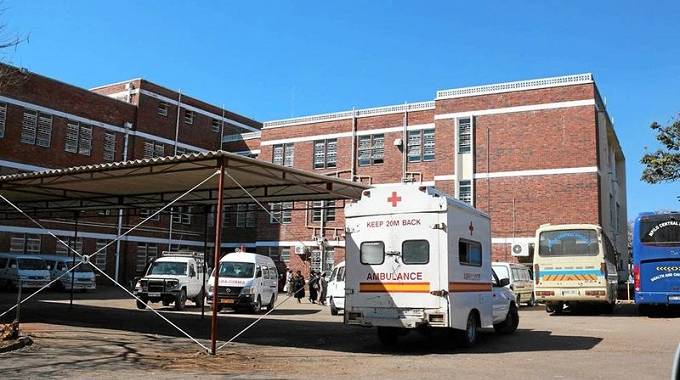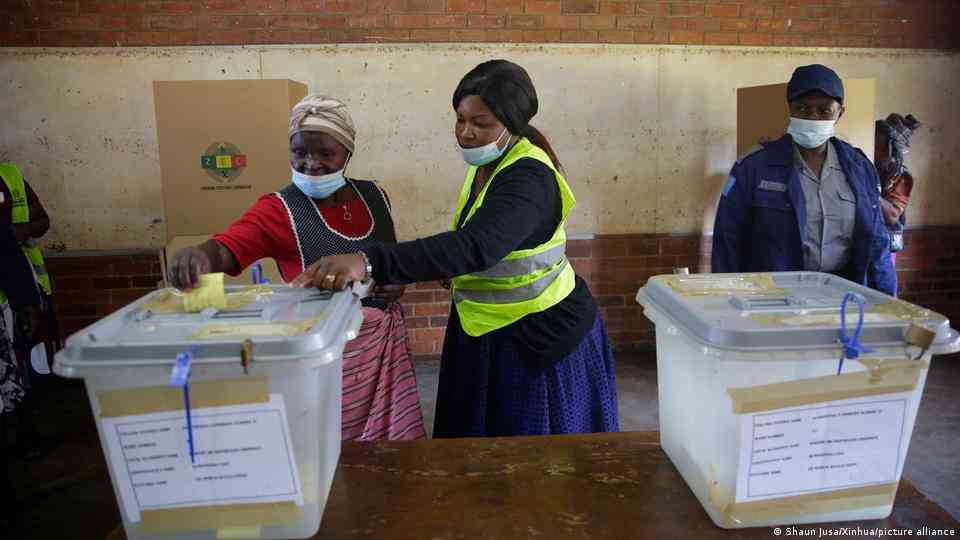
BY PROBLEM MASAU/SHARON BUWERIMWE GOVERNMENT has moved in to control the operations of private hospitals, including setting service charges after gazetting the Medical Services Amendment Bill.
The Bill gives the Health and Child Care minister powers to force private institutions to attend to patients without money in emergency cases for 48 hours before transferring them to a government hospital.
Parliamentary Portfolio on Health chairperson Ruth Labode told NewsDay Weekender that public hearings on the Bill were ongoing.
“We are currently conducting public hearings on the Bill. In fact, you are disturbing us right now,” she said.
If signed into law, the Bill would force private health institutions to admit patients who need emergency treatment for a life-threatening condition, and to keep them for at least 48 hours for stabilisation.
“Another provision in the new section will state that the minister may request a private health institution to make its specialist facilities available to patients who need emergency treatment that cannot be provided at government institutions to which they have been admitted,” Veritas Zimbabwe spokesperson Valentine Maponga said. Veritas Zimbabwe is a legislative watchdog.
In an analysis, Veritas said clause 3 of the Bill would insert a new section 7A into the Act to direct health institutions to provide treatment to persons under arrest or detention at the State’s expense.
“However, the new section will not make it obligatory for the police or prison authorities to bring arrested or detained persons to a health institution for treatment if they need it. Unless it imposes such an obligation on them, the new section will be ineffective,” he said.
- Chamisa under fire over US$120K donation
- Mavhunga puts DeMbare into Chibuku quarterfinals
- Pension funds bet on Cabora Bassa oilfields
- Councils defy govt fire tender directive
Keep Reading
Zimbabwe Nurses Association president Enock Dongo said there was need for government to first consult stakeholders to avoid measures that would further destroy the health sector.
“There is need for consultation and inclusion of people who matter as far as this issue is concerned because it deals with the health of the people,” Dongo said.
“So it’s an important aspect for health service delivery which should be taken with caution, not just to impose punitive measures that will destroy it.”
Under the proposed law, health professionals will need to get consent of patients before administering treatment. It will also be a crime for parents to prevent their children from seeking treatment.










